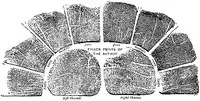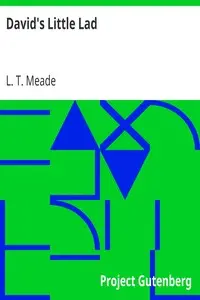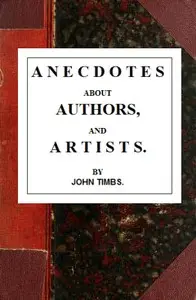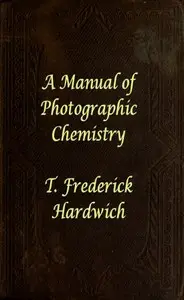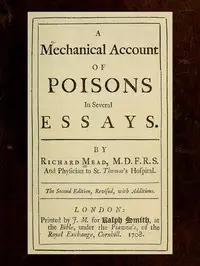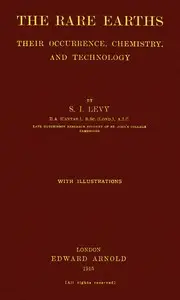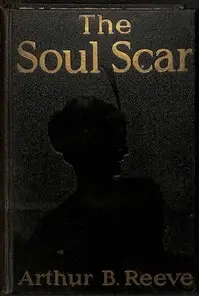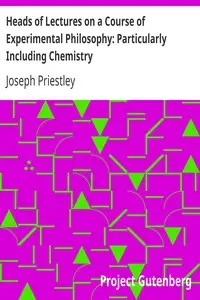"The Sceptical Chymist" by Robert Boyle is a scientific treatise written in the 17th century. This work engages with the foundations of chemistry, specifically critiquing the widely accepted principles held by both Alchemists and Peripatetic philosophers regarding the basic components of matter. Boyle embarks on examining the nature and principles of elements, focusing on the limitations and ambiguities in conventional chemical doctrines. The opening of the work serves as an introduction where Boyle outlines the context and purpose of his discourse. He sets the stage for a philosophical debate, introducing characters like Carneades, who exemplifies skepticism towards established doctrines. Boyle hints at discussions centered around the nature of matter, specifically questioning the validity of the elemental theories proposed by the Alchemists and Aristotelian philosophers. He emphasizes an empirical approach, advocating for the examination of evidence provided by experiments rather than relying solely on established doctrines. Through a civil dialogue format, Boyle aims to address the doubts surrounding conventional chymical principles and thereby enrich the understanding of the fundamental nature of materials. (This is an automatically generated summary.)
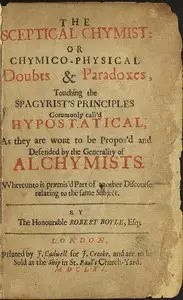
The Sceptical Chymist or Chymico-Physical Doubts & Paradoxes, Touching the Spagyrist's Principles Commonly call'd Hypostatical; As they are wont to be Propos'd and Defended by the Generality of Alchymists. Whereunto is præmis'd Part of another Discourse relating to the same Subject.
By Robert Boyle
"The Sceptical Chymist" by Robert Boyle is a scientific treatise written in the 17th century. This work engages with the foundations of chemistry, spe...
Robert Boyle was an Anglo-Irish natural philosopher, chemist, physicist, alchemist and inventor. Boyle is largely regarded today as the first modern chemist, and therefore one of the founders of modern chemistry, and one of the pioneers of modern experimental scientific method. He is best known for Boyle's law, which describes the inversely proportional relationship between the absolute pressure and volume of a gas, if the temperature is kept constant within a closed system. Among his works, The Sceptical Chymist is seen as a cornerstone book in the field of chemistry. He was a devout and pious Anglican and is noted for his writings in theology.



